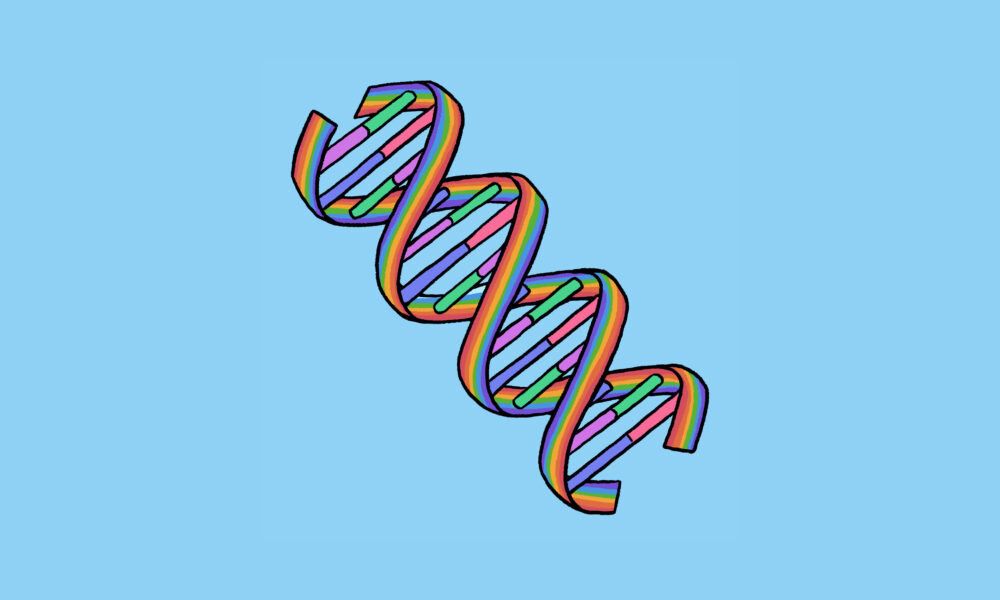Genetic counselling is a growing field that aims to use family history and DNA testing to help families that may be at high risk for having children with birth defects and genetic disorders, as well as assess risk factors for inherited conditions. While innovations in genetic testing present new horizons for doctors and families, concerns are growing that modern genetics may be at risk of reproducing aspects of eugenics, a movement that aimed to “improve” future generations by only allowing certain people to reproduce.
As genetic counselling navigates these concerns, it must grapple with many serious ethical and political questions. One certainty is that a diversity of voices must be included, both in conversations about genetic counselling and within the field itself.
Valerie Chu, a recent McGill graduate, published a recent paper analyzing inclusivity in genetic counselling programs. While this paper was part of Chu’s graduation requirement, it held a special place for her, as it allowed her to suggest improvements that could increase the inclusivity levels in genetic counselling masters programs while working to amplify the voices of 2SLGBTQIA+ students.
“I chose more of a passion project, something I thought was very important to the field,” Chu explained in an interview with The Tribune.
Studies have explored and documented the experiences of 2SLGBTQIA+ students in adjacent fields. They have consistently shown that regardless of the field—medicine, dentistry, social work, or nursing—discrimination against 2SLBGTQIA+ students persists.
“They experienced discrimination and a different experience [during] their healthcare degree compared to their non-queer peers,” Chu stated. “But there were no published papers about genetic counselling students who identify as part of the LGBTQ population.”
For her study, Chu interviewed 13 genetic counselling students and recent graduates who self-identify as part of the 2SLGBTQIA+ community.
“[We asked them about] their experience, and what their relationships were like with their peers and their faculty in their two-year genetic counselling master’s degree,” Chu explained.
The results of the study showed trends similar to those found in analysis of 2SLGBTQIA+ experiences in other fields, with seven sub-themes, such as assumptions of heterosexuality, feelings of isolation, and the need to educate classmates on queer issues, emerging in the responses.
Some of these themes are present in other related fields, one example being the conscripted curriculum—a teaching method where educators ask students to share their personal experiences to teach their classmates about race and social inequalities.
“There’s this sort of pressure on these minorities to educate their classmates and to be like representatives, where the Asian student [is expected to be] the expert on all things Asian,” Chu explained.
When students are forced to become spokespeople for their identities, they can become objectified, making it harder to form organic personal connections and friendships.
Furthermore, students reported feelings of isolation, which can lead to lowering academic performance averages and potentially impact career choice after graduation.
The conscripted curriculum arises in small group settings. This makes it especially challenging to avoid in genetic counselling programs. All five Canadian genetic counselling schools have cohorts with less than eight students each, and programs in the United States aren’t much bigger.
However, Chu’s analysis provided a positive spin on this detrimental effect.
“Some participants still said that there was a little bit of discomfort,” Chu stated. “[However, other] respondents said that they didn’t mind educating and helping their fellow students when they were looking for resources for LGBTQ patients or inclusive pedigrees.”
Despite the limitations of the study—with a lack of gender diversity and no intersex or asexual participants—Chu’s work is critical to prompting important discussions within our working and learning environments.
“We’re hoping that this paper will cause faculty at different universities to reflect on how they treat their genetic counselling students,” Chu noted. “Maybe they will realize that they have some biases.”
Chu’s work paved the way for subsequent improvement in the inclusivity levels of genetic counselling programs—an important step in the fight towards equity and inclusion in health sciences.
“Because it’s the first paper investigating the experiences of LGBTQ genetic counselling students, people can build upon it. Students now and in the future can quote and reference my paper for their papers that they’ll publish,” Chu said.






